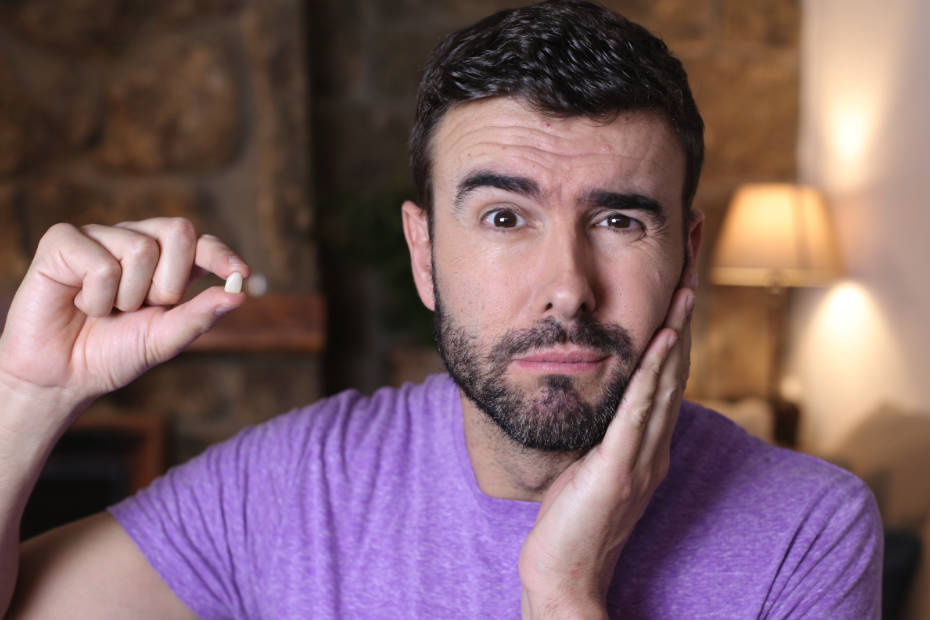Unfortunately, accidents happen. Whether it’s from a sports injury, a fall, a small incident, or an unexpected collision, experiencing a tooth knocked out can be a frightening and painful experience. Knowing how to handle this dental emergency promptly and correctly can significantly impact the likelihood of saving your tooth. That’s why our blog will be the ultimate step-by-step guide on how to act if you or someone you’re with has a knocked-out adult tooth.
Stay Calm And Act Quickly
The first thing to do is to try to stay calm as panic can delay immediate and necessary actions. Time is of the essence as soon as the incident occurs, and ideally, you want to see a dentist within 30 minutes.
Locate And Handle The Tooth Properly
Locate the tooth, and when you pick it up, ensure your handling it by the crown (the smooth white part), and not the root as the root is delicate and can be easily damaged, reducing the chances of a successful reattachment.
Rinse The Tooth Gently
If the tooth is dirty, lgently rinse it with milk or saline solution for a few seconds, or lick it clean. Do not scrub the tooth or use soap, chemicals, or toothpaste, as these can damage the cells needed for reattachment. Ensure you do not use water to rinse the tooth as it can damage the delicate cell’s on the tooth’s root surface.
Reposition The Tooth If Possible
If you feel confident and the person is cooperative, hold the tooth by the crown, and gently yet firmly try to reinsert the tooth into the socket, and align it with the other teeth. Get the person to hold the tooth in place by gently biting on something soft like a handkerchief or tissue. It’s essential to do this as soon as possible to keep the root cells alive.
Keep The Tooth Moist
If you’re unable to reinsert reinserting the tooth, it’s vital to keep the tooth moist. Some ways to do this include:
- Milk: Submerge the tooth in a small container of milk. This is the best alternative as milk helps maintain the right conditions for the cells on the root.
- Saline Solution: If available, saline is another good option.
- Saliva: If neither milk or saline solution is available, have the person spit into a clean container and place the tooth into the saliva.
Seek Emergency Dental Care
Immediately seek emergency dental care and explain the situation so they understand the urgency. Most general dentists and all emergency dental clinics will prioritise a knocked-out tooth.
Pain Management
While en route to the dentist, manage pain and swelling by:
- Applying a cold compress to the outside of the mouth or cheek near the injury.
- Taking over-the-counter pain relievers like ibuprofen or acetaminophen as directed. Avoid aspirin as it can increase bleeding.
Prevention Tips
While you can’t prevent all accidents, there are steps to reduce the risk of knocking out a tooth:
- Wear a mouthguard during sports or high-risk activities.
- Maintain good dental hygiene and regular dental check-ups to keep your teeth strong.
- Avoid hard foods that could crack or dislodge teeth.
A knocked-out tooth is a dental emergency that requires swift and appropriate action. By following the steps above, you can increase the likelihood of saving the tooth and ensuring the best possible outcome. For any dental emergency tips or to schedule a consultation, feel free to contact us today!

